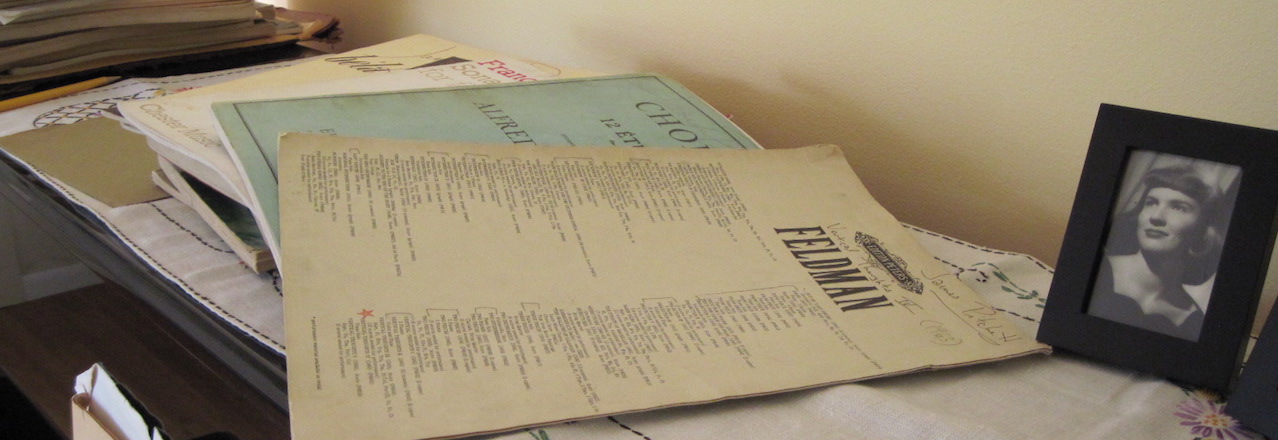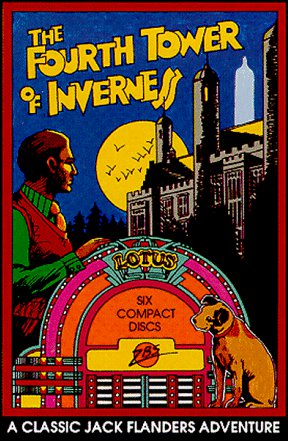When I was in high school, my brother introduced me to a radio program he had discovered called The fourth tower of Inverness. It was a radio serial produced by the ZBS Foundation that presented the adventures of Jack Flanders as he searched for the mysterious “lotus jukebox” in the otherworldly domains of the invisible tower of his uncle’s mansion. My brother & I listened to the daily episodes on WREK in Atlanta and we’d imitate the character voices afterwards (especially the mad scientist Dr. Mazoolah). I loved the intricate details of the various worlds and especially the secret doors, paths, and passages required to get to them. I tried writing similar stories and imagined myself on similar adventures as I stomped through the woods near our house. Those days from my early teen years are behind some of my story writing today, such as the “Reine des violettes” story in The old rose reader.
The metaphor of opening doors into hidden worlds is still powerful for me. I think of any writing project as starting when I find a door that opens into the world of whatever it is that I’m writing about. This is as true of non-fiction as it is of fiction: on many occasions I describe my music writing as a kind of storytelling. Like my fictional stories, one of my musical essays usually starts to happen when I find a door to open into the music. That door might be an actual piece of writing: a sentence that suggests a world beyond (that’s how The old rose reader started). Or it might be a fact, an observation, or an image that acts like a guide with a lantern, leading me on into the darkness. Whatever it is, I start to write from there, and in the process of writing I can become a little like Jack Flanders, following a path of exploration and wonder.
I’m in the process now of doing my homework on Morton Feldman’s music, listening to a lot of it methodically, chronologically, with and without scores. And I’m thinking a lot about what I could possibly write about this music. I’m often intimidated by this project, but I am also beginning to sense that there are doors to try. The stylistic shifts that take place with Piece for four pianos in 1957 and again with Madame Press died last week at ninety in 1970, for example. The heightened tactile sense of sound that I get while playing Piano piece 1964: where does it lead? Or consider this open-ended statement from Feldman, recorded by Tom Johnson: “All we composers really have to work with is time and sound—and sometimes I’m not even sure about sound.” I haven’t tried any of these doors yet (or a couple of others that I’m keeping secret for the moment): I want to finish surveying the whole domain before diving in deeper. I know that that jukebox is in the tower, I just need to find the right passage and pack the right gear to make the journey.
The complete Fourth tower of Inverness is available from ZBS. My brother sent me a copy some years ago and I’ve listened to it from time to time in the car while commuting. I’m thinking that it’s time I once again followed Jack Flanders to the Land of the Lotus Jukebox. Perhaps there’s a Feldman number queued up there.

